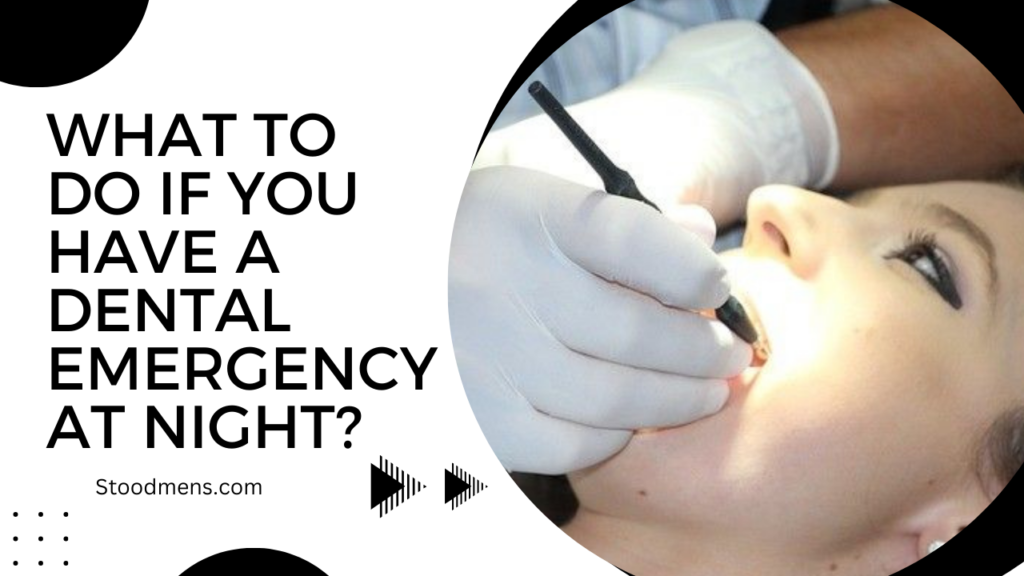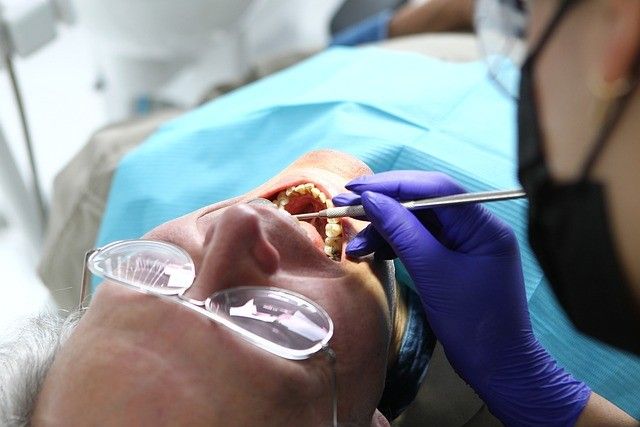
At night, toothaches are greater than inconvenient—they’re frequently a sign that something is appreciably wrong. When the clock hits 2 AM and you’re lying awake in pain, knowing what’s causing that toothache and a way to manipulate it could make all of the difference.
Why Does Tooth Pain Get Worse at Night?
Toothache at night can stem from numerous problems. Here are the maximum commonplace motives:
Untreated Cavities: Cavities are decayed regions of your teeth that, at the same time as neglected, reveal the internal layers. The touchy nerves internal to your tooth emerge as angry, leading to intense throbbing pain, mainly at night.
Cracked or Fractured Tooth: A tooth with a crack that extends to the nerve endings can cause extreme pain. The ache worsens at the same time as chewing or consuming something warm or cold.
Gum Problems: Gum problems, infections, or abscesses can motivate excessive toothaches. An abscess is a pocket of pus due to bacterial contamination, and it can be specifically painful.
Wisdom Teeth Eruption: Wisdom teeth may additionally turn out to be impacted, which means that they are capable of in truth emerging from the gums. This causes swelling, infection, and sharp aches.
Knowing the purpose of your pain is step one toward finding treatment; however, what do you do while a dental emergency moves at night?
What to do if you have a dental emergency at night?
While seeing a dentist as quickly as possible is continuously the awesome course of movement, there are steps you could take to reduce aches and prevent additional damage until you can get expert assistance.
1. Rinse with Warm Salt Water
Mix one teaspoon of salt into a cup of hot water and rinse your mouth for 3 minutes. This easy answer helps lessen contamination, soothe angry regions, and combat infection. Be careful now not to swallow the saltwater—just rinse and spit.
2. Use an Ice Pack
Applying an ice cream to the cheek for 15-20 minutes allows for lessening swelling and numbing the vicinity, presenting transient treatment from ache. This is especially effective if you’re managing contamination from an abscess or injury.
3. Protect a Knocked-Out Tooth
If a tooth is knocked out, time is crucial. Place the teeth once more in their socket or keep them in milk or saliva to keep them wet. You need to get to the dentist within an hour for the incredible hazard of saving it.
4. Manage Pain from an Abscessed Tooth
An abscessed tooth calls for fast dental interest. In the meantime, making use of a warm percent to the affected location can also help to reduce aches and swelling. Keep rinsing your mouth with warm salt water to smooth the location.
What Happens If You Don’t Treat a Dental Emergency?
Ignoring a dental emergency can cause intense headaches, together with:
Tooth Loss: Untreated infections, abscesses, or trauma can result in the everlasting loss of a tooth.
Infection: A dental infection can unfold to other factors of your frame, inflicting critical health troubles if not treated immediately.
Permanent Damage: Pain from abscesses or swelling across the nerve can lead to everlasting nerve harm if left untreated.
Acting quickly can save your teeth, prevent pain, and prevent infections from spreading. Don’t assume the hassle will worsen—early intervention is top.
Preventing Future Dental Emergencies
Prevention is constantly higher than treatment. Here are a few steps to defend yourself from dental emergencies:
Maintain Good Oral Hygiene: Brush and floss regularly to prevent cavities and gum disorders.
Regular Dental Checkups: Seeing your dentist often can help hit upon troubles early earlier than they become emergencies.
Wear a Mouthguard: If you play sports activities or interact in sports that might bring about mouth harm, generally put on a mouthguard to defend your teeth.
When Should You Visit a Dentist?
Some dental problems may be controlled temporarily at home, however, others require immediate attention. Call your dentist right away in case you revel in:
- Severe or throbbing pain that does not leave
- Swelling around your gums or face
- A knocked-out or damaged tooth
- Signs of an infection, which includes fever, pus, or extreme swelling
Take Action
By understanding the reasons for toothaches and what to do if you have a dental emergency at night, you can manipulate your oral fitness. Stay knowledgeable, take preventive measures, and look for professional assistance to keep away from future problems.
But keep in mind that a dental emergency can strike at any time, frequently while at least anticipated. Knowing how to manipulate your signs at home can provide brief comfort. However, professional care is important for resolving the underlying troubles.



One thought on “What to do if you have a dental emergency at night?”